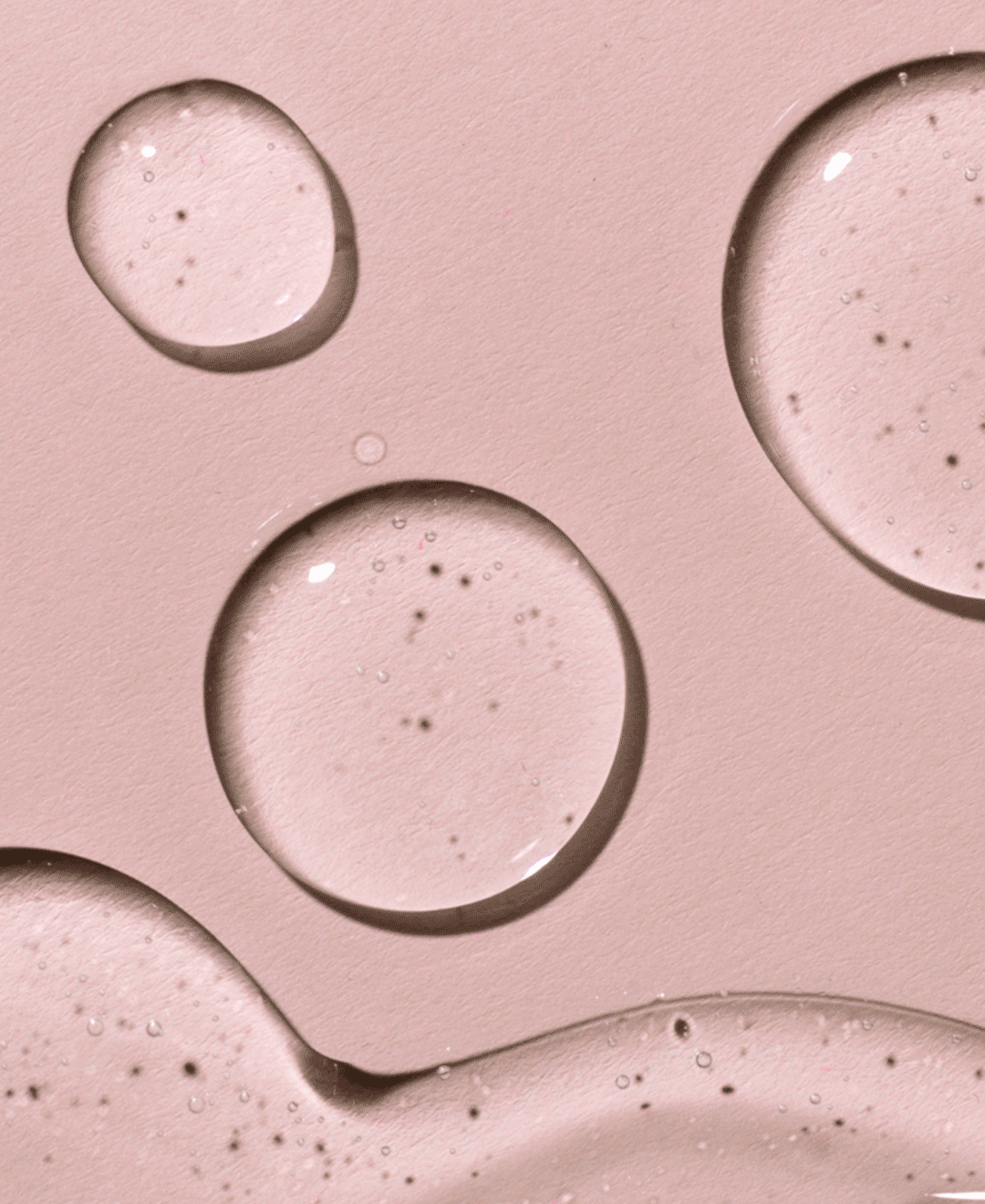
Are Hormones Controlling Your Life?
Hormones and their functions in specific life cycles or contexts are often discussed or written about. These include maturation, adolescence, abrupt mood swings, menstruation, menopause, and specific sexuality-related issues. In what ways do hormones play a significant role in our lives, and why are they so significant? In what ways does hormonal imbalance directly affect our health? Are women the only ones who suffer from this? How do you know if you have a hormonal imbalance? Find all the answers below by reading on.
Hormones and Endocrine Function:
Hormones do have some control over your life and are important chemical messengers secreted by endocrine glands and organs. They tell organs what to do and when to do it as they circulate through the blood, allowing the body to maintain and regulate several functions. Hormones are produced by various parts of the endocrine system. Each regulates a specific function in the body, such as metabolism, heart rate, blood pressure, sleep patterns, growth, libido, reproduction, and mood.
Hormone imbalance:
Hormone imbalances occur when there is an excess or deficiency of a hormone in the bloodstream. Because hormones play such an important role in the body, even minor imbalances can have serious consequences for both men and women.
Normal hormonal changes that occur during the life cycle include growth, puberty, menstruation, pregnancy, menopause, and aging. Other changes occur when hormones become out of sync with one another, either due to endocrine gland dysfunction or due to other factors such as medications, stress, injury, tumors, certain diseases, and cancer treatments.
Symptoms:
Depending on which hormone or gland is affected, hormonal imbalances can cause a wide range of signs and symptoms. When these hormones or glands fail to function properly, it can have a negative impact on our physical and mental health. The following symptoms are the most common in men, women, and children:
- Unexplained and sometimes sudden weight gain or loss.
- A hump of fat between the shoulders.
- Fatigue.
- Muscle aches, tenderness, weakness and stiffness.
- Pain, stiffness, or swelling in joints.
- Increased or decreased heart rate.
- Sweating.
- Increased sensitivity to cold or heat.
- Breast tenderness.
- Constipation or frequent bowel movements.
- Frequent urination.
- Increased thirst and hunger.
- Decreased sex drive.
- Depression, nervousness, anxiety, or irritability.
- Blurred vision.
- Infertility.
- Fine and brittle hair.
- Dry skin.
- Purple or pink stretch marks.
- Heavy or irregular periods.
- Hirsutism, meaning excessive hair on the face, chest, upper back, or other parts of the body.
- Acne on the face, chest, or upper back.
- Hair loss.
- skin darkening.
- Headaches.
- Vaginal dryness.
- Vaginal atrophy.
- Pain during sex.
- Night sweats.
Signs and symptoms in men:
- Gynecomastia, or the development of breast tissue.
- Erectile dysfunction.
- Decrease in face and body hair growth.
- Loss of muscle mass.
- Loss of bone mass.
- Hot flashes.
- Difficulty concentrating.
Boys may experience:
- lack of development of muscle mass.
- A shallow voice.
- Face and body hair that grows sparsely.
- Male hypogonadism, Impaired testicular growth.
- Excessive growth of the arms and legs in relation to the trunk of the body.
- Breast tissue grows (gynecomastia).
Girls may experience:
- Primary amenorrhea, a condition in which menstruation does not start.
- Breast tissue does not form.
- The rate of growth does not increase.
Hormonal imbalances come in a variety of forms. Both men and women can be affected by insulin, thyroid, steroid, adrenaline, and growth hormone imbalances. But while men are more likely to have imbalances in testosterone levels, women can also have imbalances in progesterone and estrogen.
Diagnosis and Treatment
Without a proper diagnosis, medical professionals cannot deduce the type of hormonal imbalance in a patient. So, if you think you might have a hormone imbalance, the first step is to make an appointment with your doctor, who may send you one of the following based on your symptoms, medical history, and physical examination, including but not limited to:
- Blood test
- Pelvic exam
- Ultrasound
- Biopsies
- Magnetic resonance imaging
- X-ray
- Thyroid scan
- Sperm count test
The diagnosis will determine the course of treatment. Your doctor can advise you on the best way to rebalance your hormones. Treatment options include bioidentical hormone replacement therapy (HRT), suppositories, and various medications. Keep in mind that different people may need different types of treatment for hormonal imbalances.
If hormones take control of your life, are you ready to take control of them? Our practitioners at Aesthetic & Wellness Clinic are experts in hormonal health and general wellness; let us help you rebalance your life!





